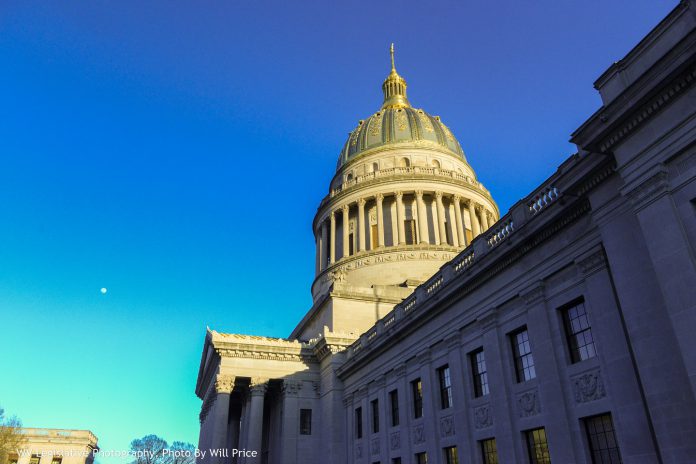
“Those who have no record of what their forebears have accomplished lose the inspiration which comes from the teaching of biography and history.” – Dr. Carter Godwin Woodson, author, editor, publisher and historian (December 1875 – April 1950).
Known as the “Father of Black History” for his innovative efforts at weaving African-Americans into the patchwork of American history, Dr. Woodson moved with his family from Virginia to Huntington, West Virginia, when he was a young man in 1892 to seek a better life. He later turned to the mines and coalfields of Fayette County as a way to support and pay for his education.
This February the nation and the state recognize Black History Month, which began as a week-long celebration started by Dr. Woodson and centered around the birthdays of President Lincoln and Frederick Douglass, two prominent Americans who strived for equality. As West Virginians take time to reflect on the accomplishments of famous African-Americans, it bears noting that there has been no shortage of trailblazers in the West Virginia Legislature.
Southern West Virginia’s black population saw dramatic increases during the late 1800s, which most likely can be traced to a booming mining industry and job opportunities for people of all ethnicities and backgrounds. Once underground and in the mines, race mattered little as miners depended on the person next to them for both safety and camaraderie, regardless of their skin color. From the burgeoning fellowship, African-Americans began having a more prominent position in state politics.
Six years prior to Dr. Woodson’s arrival in Huntington, voters in West Virginia elected the first African-American to the State Legislature, Christopher Payne, a Republican delegate from Fayette County. Mr. Payne would later, as a result of his loyalty to his party, be appointed to several federal positions before being named by President Theodore Roosevelt to serve as Consul General of the Danish West Indies (present-day Virgin Islands).
On January 10, 1928, more than 40 years after Mr. Payne made West Virginia history, Governor Howard Gore made national history. Upon the death of Delegate E. Howard Harper, a Republican from McDowell County, the Governor appointed Mr. Harper’s wife, Minnie Buckingham Harper, to his seat, making her the first African-American woman to become a member of any legislative body in the United States. She served on the House committees on Federal Relations, Railroads and Labor and did not run in the state legislative elections held later that year. She provided the inspiration and possibly the motivation for other women of color to embark on their own legislative journeys.
It would be more than 20 years, however, before another African-American woman walked the halls of West Virginia’s Legislature. During the elections of 1950, voters in McDowell County elected Elizabeth Simpson Drewry to the House of Delegates, making her the first African-American woman elected to the Legislature. She was extremely active in her role as delegate and a strong supporter of health care reform, teachers and workers.
During her tenure, she is credited with introducing several major bills, including a bill to provide compensation to the victims of silicosis, more commonly known as “black lung disease,” as well as the legislation that led to the 1956 constitutional amendment allowing women to serve on juries. She retired from legislative service due to poor health in 1964, having served longer in the Legislature than any other McDowell representative at that time.
Some 34 years later, on November 3, 1998, another landmark was reached as Marie Redd, a professor at Marshall University, was elected to the State Senate from Cabell County. She was the first African-American of either gender to serve in the Senate, serving for four years. Since 1896, a total of 21 black men and women have served in the West Virginia Legislature up to this past election, including 11 who hailed from McDowell County. One was Delegate Ernest “Ernie” Moore, whose tenure lasted over 20 years and who received the 1992 Distinguished West Virginian Award for his dedicated service to the state.
The progress made by each of these trailblazers is a decidedly groundbreaking component of Mountain State history — but it’s also a reflection of the true spirit of public service. They are recognized not only for the avenues they created, but also for their countless contributions and compelling dedication to West Virginia.

